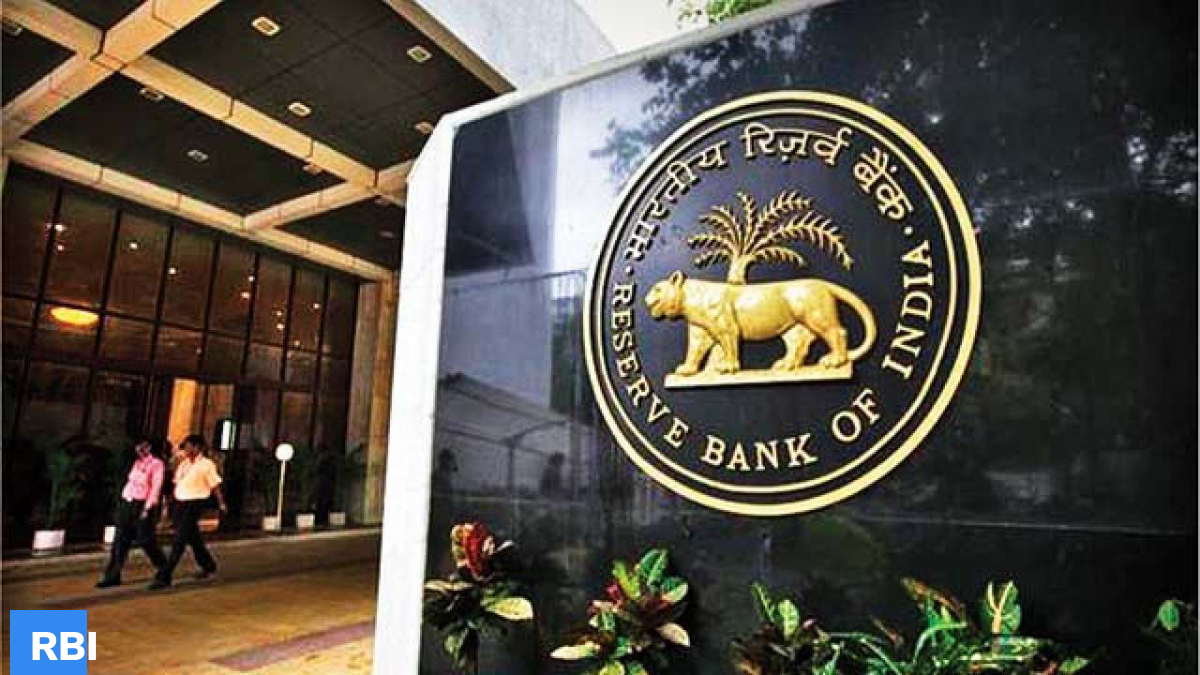UPI QR Code-Central Bank Digital Currency interoperability
The Reserve Bank of India (RBI) is spearheading an innovative move towards interoperability between Unified Payments Interface (UPI) Quick Response (QR) codes and Central Bank Digital Currency (CBDC). This integration allows users of the retail digital rupee (e₹) to make transactions by scanning any UPI QR code at merchant outlets. Additionally, merchants can accept digital rupee payments through their existing UPI QR codes, simplifying the payment process.
About interoperability (in context of payment systems)
Interoperability, as defined by RBI, is the technical compatibility enabling payment systems to work seamlessly with others. It promotes co-existence, innovation, and efficiency across different systems. The UPI QR Code-CBDC interoperability ensures that all UPI QR codes are compatible with CBDC apps, streamlining transactions.
How does the interoperability of UPI QR codes with CBDC benefit users of the retail digital rupee (e₹)?
The interoperability allows e₹ users to make transactions by scanning any UPI QR code at merchant outlets, eliminating the need for a specific QR code. It simplifies the payment process and enhances convenience.
e₹ vs CBDC
The retail digital rupee (e₹) is a tokenized digital version of the Indian rupee held in a digital wallet linked to a customer’s savings bank account. CBDC issued by RBI is also a digital version of the rupee but may have broader use cases.
Role of QR codes
QR codes are visual representations of information that can be scanned by devices. In this context, they allow for the seamless transfer of payment information, ensuring interoperability between systems.
Impact on digital rupee adoption
The integration of UPI and CBDC is expected to boost digital rupee adoption due to the widespread use of UPI. In July, there were 1.3 million customers and 0.3 million merchants using e₹, with daily transactions ranging from 5,000 to 10,000.
Impact on the broader digital currency ecosystem
The integration is likely to enhance the acceptance and utilization of digital currencies in everyday transactions, potentially transforming the digital currency ecosystem in the country.
Month: Current Affairs - September, 2023
Category: Economy & Banking Current Affairs


